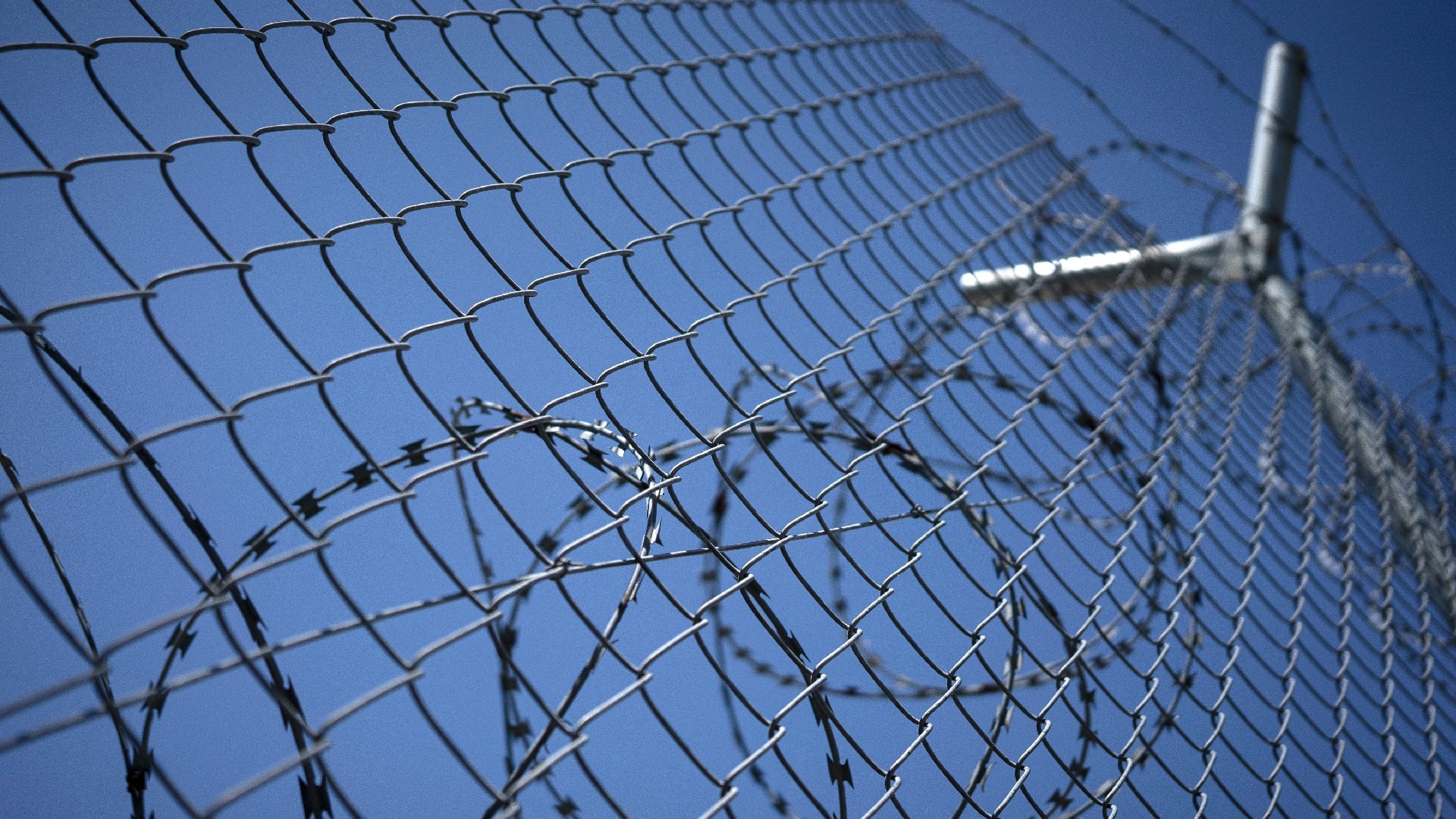New report suggests real culprits behind deadly Pylos wreck had close ties with Libya’s eastern commander, Khalifa Haftar
*First Published on Middle East Eyes

Nine Egyptian men accused of being members of a smuggling network are still being held in Greece in pre-trial detention, in connection with last month’s deadly Pylos shipwreck, campaigners say.
On 13 June, a fishing boat carrying approximately 750 people sank off the coast of Greece’s Peloponnese peninsula, in one of the deadliest refugee boat wrecks in years. Only 104 people survived, while over 500 are still missing.
The only people arrested were the nine Egyptians, who are still being held in pre-trial detention, on charges including illegal trafficking of foreigners, organised crime and manslaughter by negligence.
With no trial date set, the men could be detained indefinitely. Should they be convicted, they could face life sentences.
However, a recent report has cast doubt on the charges against them: 17 survivor testimonies revealed that the key smugglers behind the wreck had close ties with Libya’s eastern military commander, Khalifa Haftar.
Not one of the testimonies identified the nine accused men as being behind the operation.
Mohammed* and his cousin were among the passengers who boarded the fragile fishing boat in the eastern Libyan city of Tobruk on the night of 9 June.
His family received two short calls from Mohammed in Libya, and then nothing until the news of the wreck exploded on social media. They then had a call from Mohammed from Kalamata camp – both he and his cousin had survived.
The next day, Mohammed was transferred to Nafplion prison.
He and the other eight men are still in pre-trial detention under charges of human trafficking. The date for their next hearing is yet to be confirmed.
“Everyone is anxious because they don’t know why they are under arrest, they are left in the dark,” Mohammed’s brother-in-law, Sayed* told Middle East Eye.
“It might take a long time.”
While Mohammed was not injured physically in the wreck, he has sustained mental scars.
“He is in a kind of shock,” Sayed said. “He was travelling to make a future for himself, and now ends up in a detention centre, being blamed falsely for charges he doesn’t have anything to do with.”
According to Sayed, Mohammed has not received any mental health support from the Greek authorities in the aftermath of the wreck.
Mohammed left the Sharkia governorate in Egypt on 29 May with his cousin, in the hope of building a better future for his wife and three children.
The cousins’ journey had been coordinated by a Libyan-based smuggler, Mohammed Abu Sultan, who they had found on Facebook. The two men travelled to Cairo to pay a broker 140,000 Egyptian pounds ($4,530) each for their passage.
“His dream is very simple,” Sayed said, “he also wanted to take his mother on the Mecca pilgrimage. All his dreams are legitimate.”
Counter investigations
The report that casts doubt on the charges against the nine men is the result of an investigation by Lighthouse Reports, Der Spiegel, Siraj, El País and Reporters United into the smuggling network behind the Pylos wreck.
The findings are based on interviews with 17 survivors, none of whom named the accused men as smugglers, with Khalifa Haftar’s son, Saddam, identified as the journey’s key organiser.
“All trips are overseen by [Khalifa Haftar’s] son, Saddam Haftar,” said one survivor.
“Saddam leads the cooperation himself or assigns one of the frogmen battalion… depending on who has more migrants to pay the fees.”
A previous investigation revealed multiple attempts by the Greek coastguard, HCG, to distort events and manipulate evidence.
The country’s naval court has subsequently launched a preliminary investigation into the coastguard’s role in the disaster.
Some of the lawyers representing the nine men are appealing against the court’s decision to hold the men in pre-trial detention.
“Normally for these kinds of cases, they do not let people out before the trial,” two of the lawyers, who asked for anonymity, told MEE. “We’re not sure how long it is going to last. And this is one of their main concerns.”
The lawyers are also requesting more lenient pre-trial conditions for the defendants, such as release conditional on travel restrictions or a requirement to report to the police at a given date before the trial.
“We do not know anything about the trial,” the lawyers said. “We don’t know anything about the charges… anything could happen. The judges don’t have the evidence [to make] a specific referral to the court.
“That’s why we’re talking with witnesses abroad, witnesses in Greece and survivors in order to have a totally reliable judgment about the nine [defendants],” they told MEE.
“It’s really difficult for them to have appropriate daily routines inside the detention centre – they don’t have interpreters inside the prison. We have to bring our interpreters to communicate with them.”
The lawyers added that the “majority of the detainees are foreigners; normally in order to communicate with the prison staff, they use other prisoners [to translate].”
According to the lawyers, their clients had not received medical attention until their lawyers took over from state-appointed lawyers at the end of June and requested that their clients be transferred to hospital.
“Greek detention centres do not have sufficient [training] for psychological support,” they said. “We’re talking about survivors of a shipwreck, right? The detention centre should cover their needs.”
Prolonged pre-trial detention is commonplace for asylum seekers in Greece.
“It’s a migration management tool by the Greek government,” the lawyers told MEE. “They use the legal mechanisms in order to detain people who come here.
“Our clients [have contacted] UNHCR to apply for asylum, so they’re not just defendants, they’re also refugees, and they should be able to exercise their rights as asylum seekers.”
*Names have been changed

